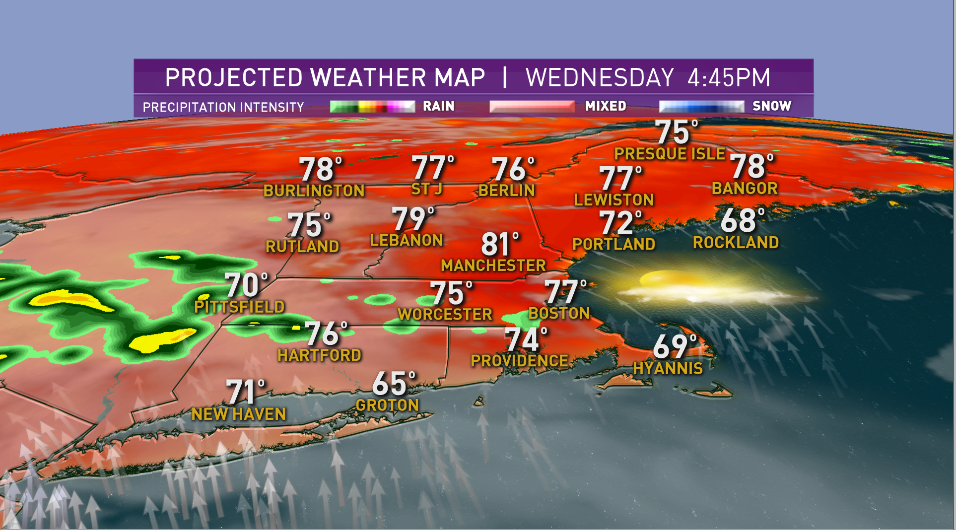
Ferry services from Cape Cod to Nantucket and Martha's Vineyard continue to be impacted by a ransomware attack from last week.
The Steamship Authority of Massachusetts launched a new website Friday where passengers can find tickets, schedules and information on parking. The main booking system remains down due to a cyberattack on Wednesday.
WATCH ANYTIME FOR FREE
>Stream NBC10 Boston news for free, 24/7, wherever you are. |
"The Steamship Authority's ticketing processes, including online and phone reservations, will continue to be affected today," the Steamship Authority of Massachusetts wrote on Twitter Monday morning.
Ships are running safely, but passengers can't book or change their reservations online or on the phone. Credit card use is available at terminals and parking lots -- a change that took effect Friday -- though the authority still recommends that people use cash, which makes purchasing faster.
Get updates on what's happening in Boston to your inbox. Sign up for our >News Headlines newsletter.
"The Steamship Authority continues to work with its internal team, as well as with third-party experts and local, state, and federal officials, to address the effects of the incident," the Steamship Authority wrote. "Thank you to everyone for their continued patience."
The Steamship Authority has waived rescheduling and cancellation fees and will continue to honor existing reservations at terminals.
"The Steamship Authority is continuing to work with our team internally, as well as with local, state, and federal officials externally, to address Wednesday's incident," representative Sean Driscoll said in a statement on Friday.
Ransomware attacks involve malware that encrypts files on a device or network that results in the system becoming inoperable. Criminals behind these types of cyberattacks typically demand a ransom in exchange for the release of data.
Several major U.S. companies have been victims of cyberattacks recently, including JBS Foods, a major meat processing company, and on the Colonial Pipeline, the largest U.S. fuel pipeline.
Ransomware attacks involve malware that encrypts files on a device or network that results in the system becoming inoperable. Criminals behind these types of cyberattacks typically demand a ransom in exchange for the release of data.



